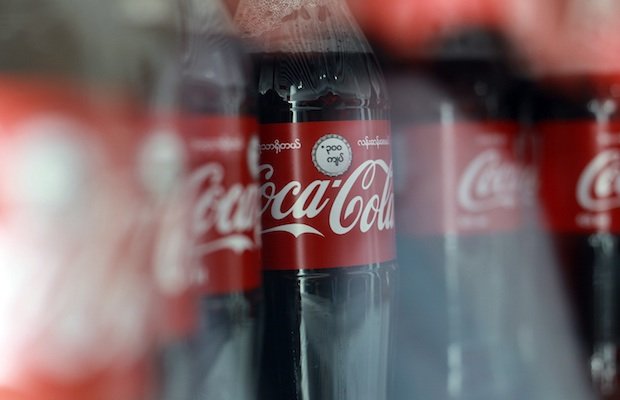Coca-Cola prioritises environment and health in a bid to satisfy customers

The environment, sustainability and personal health are increasingly important topics for Britons.
As we become more accustomed to climate strikes, and groups like Extinction Rebellion and activists like Greta Thunberg become news mainstays, the average consumer is now much more aware of the impact of their purchases.
The impact that both sustainability and health are having on businesses can be seen by changes announced from one of the world’s largest brands — Coca-Cola.
The beverage conglomerate has pledged to use at least 50 per cent recycled material in its packaging by 2030 and has also focused on healthier products for consumers, in order to be “part of the solution”.
Coca-Cola spent 2019 diversifying their fizzy drink offering towards healthier products, such as a sugar-free version of Coca-Cola.
YouGov data shows that of those who consume a non-diet carbonated drink at least once a week, six in 10 think their average sugar intake is too high, indicating an appetite for a healthier option.
The company’s efforts last year clearly resonated with consumers, as organic revenues from October to December 2019 rose seven per cent.
YouGov data shows that over half of Brits (54 per cent) say that the environmental sustainability of a product affects the decisions they make around food and drink, while almost two-fifths are influenced by sugar levels.
This demonstrates clearly how these issues have permeated the industry and Coca-Cola’s foresight to tackle them head-on.
As concern towards health and the environment becomes more common, businesses should adapt to reflect what consumers care about.
Stephan Shakespeare is chief executive of YouGov